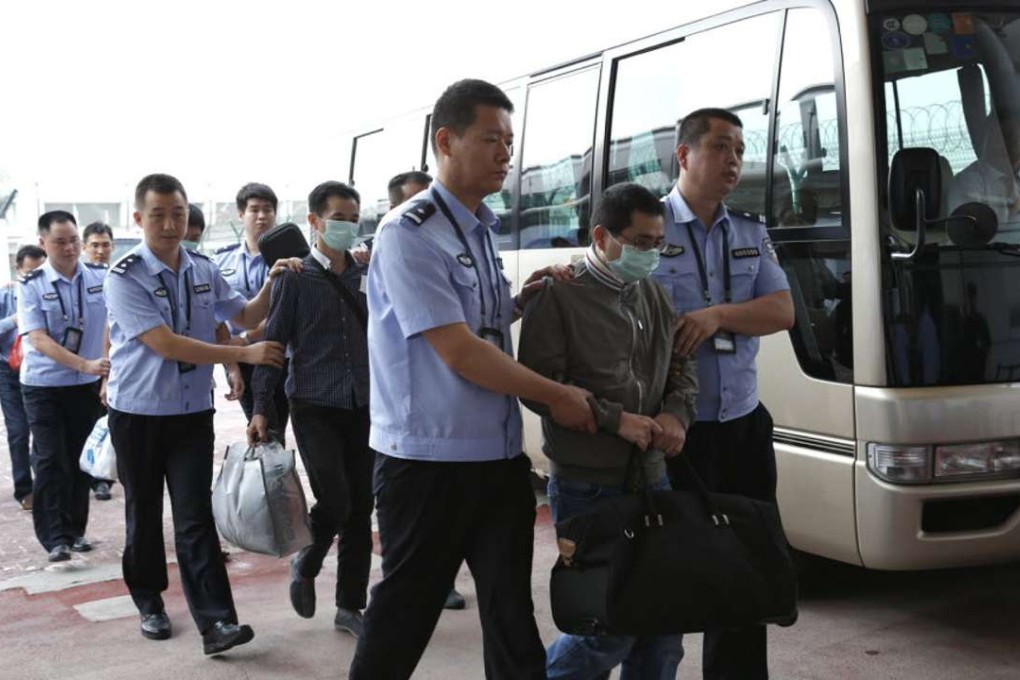As Panama Papers scandal deepens, China targets offshore accounts in renewed Skynet crackdown on fugitive corrupt officials
Joint effort to focus on transfers of illicit financial assets abroad through overseas companies and underground banks

China has launched the second round of its international manhunt Operation Skynet, with the multiagency effort continuing to target offshore companies, underground banks and fugitive corrupt officials.
“Skynet 2016” is an extension of the Skynet operation launched in March last year, and which brought together various government departments in an international quest to recover fleeing fugitives and their assets.
According to a statement by the Communist Party’s top anti-graft agency, the Central Commission for Discipline Inspection, the Skynet umbrella covers a joint crackdown led by the People’s Bank of China and the Ministry of Public Security on transfers of illicit financial assets abroad through offshore companies and underground banks. It also covers a campaign headed by the Supreme People’s Procuratorate to hunt for fugitives who committed work-related crimes, as well as Operation Foxhunt headed by the Ministry of Public Security.
As part of Skynet, 26 of the country’s 100 most-wanted fugitives listed with Interpol have been brought back to China.
Beijing was expected to issue a new list of wanted fugitives, Cai Wei, deputy director of the CCDI’s International Cooperation Bureau, said last month.
China ramps up global manhunt for corrupt officials with operation ‘Skynet’
The announcement of Skynet 2016 comes amid revelations from the leaked Panama Papers that nearly a third of the business of Mossack Fonseca, the law firm at the centre of the scandal, came from its offices in Hong Kong and the mainland, according to the International Consortium of Investigative Journalists.
When the corrupt officials fled abroad, they did not take their cash with them. They had already transferred their money overseas through offshore companies and underground banks